Preparing to put your house on the market can be an incredibly nerve-wracking experience. You may look around each and every room and wonder where to begin. Believe me, you're not alone!
When Leslie D. of Berkeley Heights, New Jersey, was readying to put her "cramped Cape" up for sale, she sought the help of a professional home stager to assist her in pulling it all together.
"Instead of having me rent expensive furnishing and art, she worked with what I had," explained Leslie, who asked not to be identified by last name. "When her swirl of energy settled, she had winnowed it to a perfect home — just enough furniture and wall art to make an average Cape feel amazingly spacious and comfortable."
While some may not want to spend money hiring a pro, others argue that proper staging will not only sell your home quickly but also perhaps spark a bidding war.
"The Cape sold in one day," Leslie said, "with two over-list-price offers."
Whether you seek out the assistance of a seasoned professional or want to try staging yourself, here are some crucial dos and don'ts to keep in mind. Click through the slideshow to see them for yourself — who knew #3 was such a turn-off? — then tell us:
Was there one thing that helped sell your home or made you want to buy someone else's?

Images @RadiusImages/Corbis and iStock.com/JenniferPhotographyImaging
Don't Forget Curb Appeal

The front of a house is its first chance to make a great impression. So don't neglect the exterior of the home or the landscaping.
"Curb appeal is very important, as it sets the tone for the buyers' expectations," Price explains.
In other words, if your lawn and shrubbery look like a tornado just blew through town, chances are potential buyers are going to keep right on driving.
More from The Stir: 8 Top Home-Buying Mistakes (& How to Avoid Them)
Get Your Home Inspected
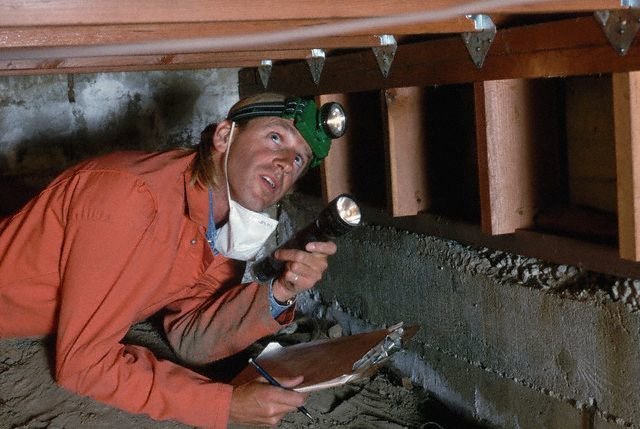
Home stager Natalya Price of NJ Staged 2 Sell, who worked with Leslie D., advises sellers to get a home inspection before listing their property at all.
"It is very important to make sure everything is in a good working order and there are no red flags that might jeopardize the sale," she said.
Issues like mold, termite damage, and structural problems can scare off potential buyers, so the sooner you know about any problems and can correct them, the better.
Don't Display Collections
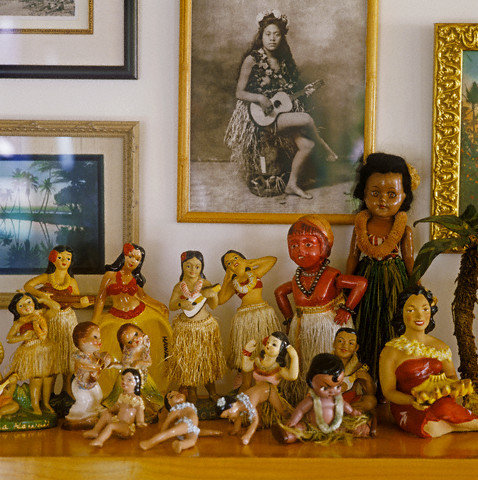
Put away those beloved Star Wars action figures and pack up Grandma's army of Hummels. It's best not to put any of your personal collections out on display, say the experts, in part because it can make a place feel cluttered or highlight the differences between the seller's tastes and the buyer's.
"Collections are generally very distracting for the buyers and demand attention," said Price. "Putting your treasures away will also keep them safe."
Add a Fresh Coat of Paint
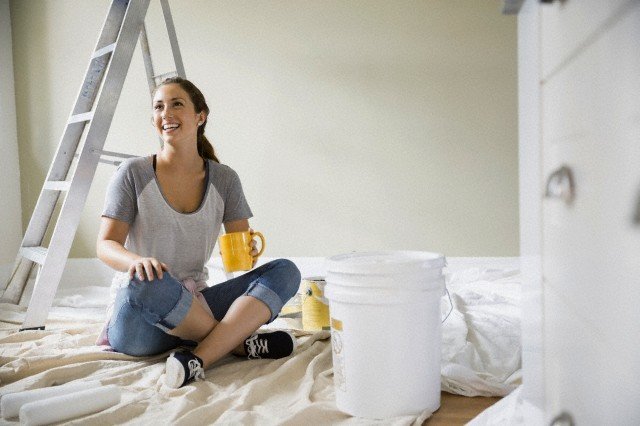
"Paint is the best way to give a facelift to any space," Price said. "If your walls are painted dark or bright colors, consider repainting in a current neutral color. Consult a home stager on a choice of color to get the most bang for your buck."
Leslie followed Price's advice and was happy she did.
"The paint colors and kitchen design she chose were simultaneously inviting and soothing," she said.
Don't Use Scented Candles
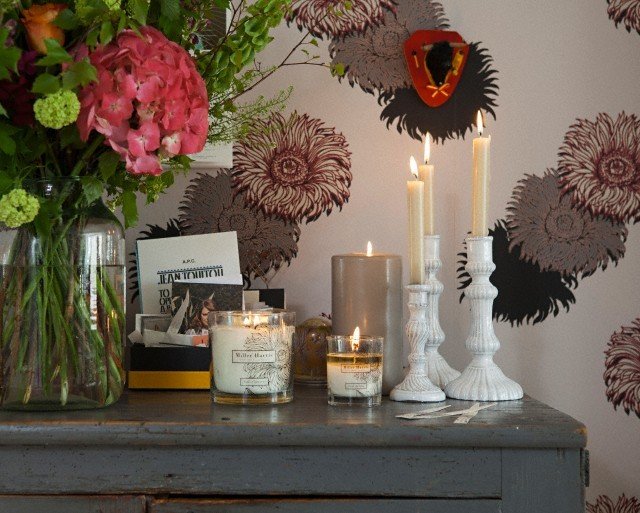
For many, the sense of smell can trigger a wave of memories or emotions. When it comes to trying to sell your house, certain scents can be a huge turn-off. Or they could lead buyers to think you're trying to hide another smell.
"Do not use any plug-in air fresheners or scented candles," Price said. "Buyers want the house to smell clean, not feel like you are trying to mask some odors."
Clean and Then Clean Again

Once you live in a home, you become immune to the dirt (with the exception of those obvious chocolate fingerprints on the walls, of course).
"The day your home hits the market, it should be clean and tidy as it has never been before," said Price. "Hire professional cleaners to deep clean your property inside and out."
Get Rid of Outdated Decor & Furniture
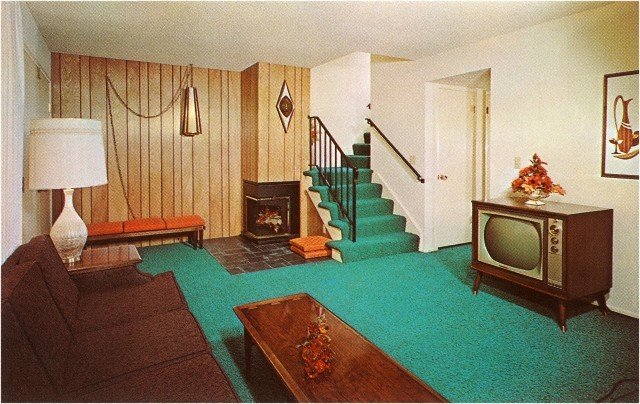
No one wants to walk into a home and feel like they traveled back in time to the 1970s.
Buyers can easily get the impression that if you haven't kept up with the decor and furnishings, there are probably other parts of the home that you've neglected too. And who wants a house that hasn't been maintained?
Price suggests removing all outdated or very taste-specific fixtures and decor such as window coverings, dusty floral arrangements, and wallpaper.
Don't Overdo It
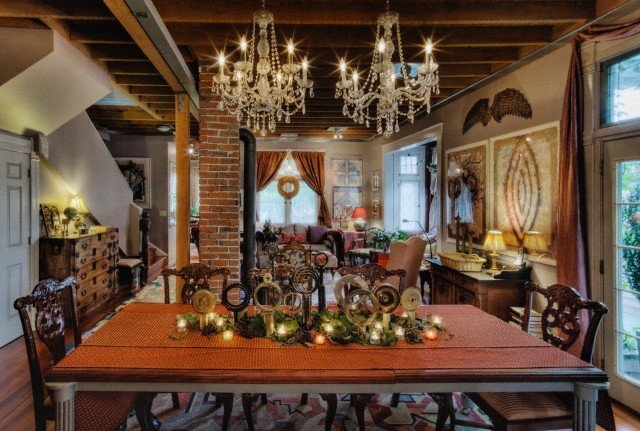
You may be temped to go a bit overboard to showcase your sense of style, but have some restraint, Price advises.
"Do not try to impress buyers with your taste and decorate your home to get it ready for the market," she said. "Staging is not decorating. The goal is to showcase the space and features of the house, not the furnishings."




